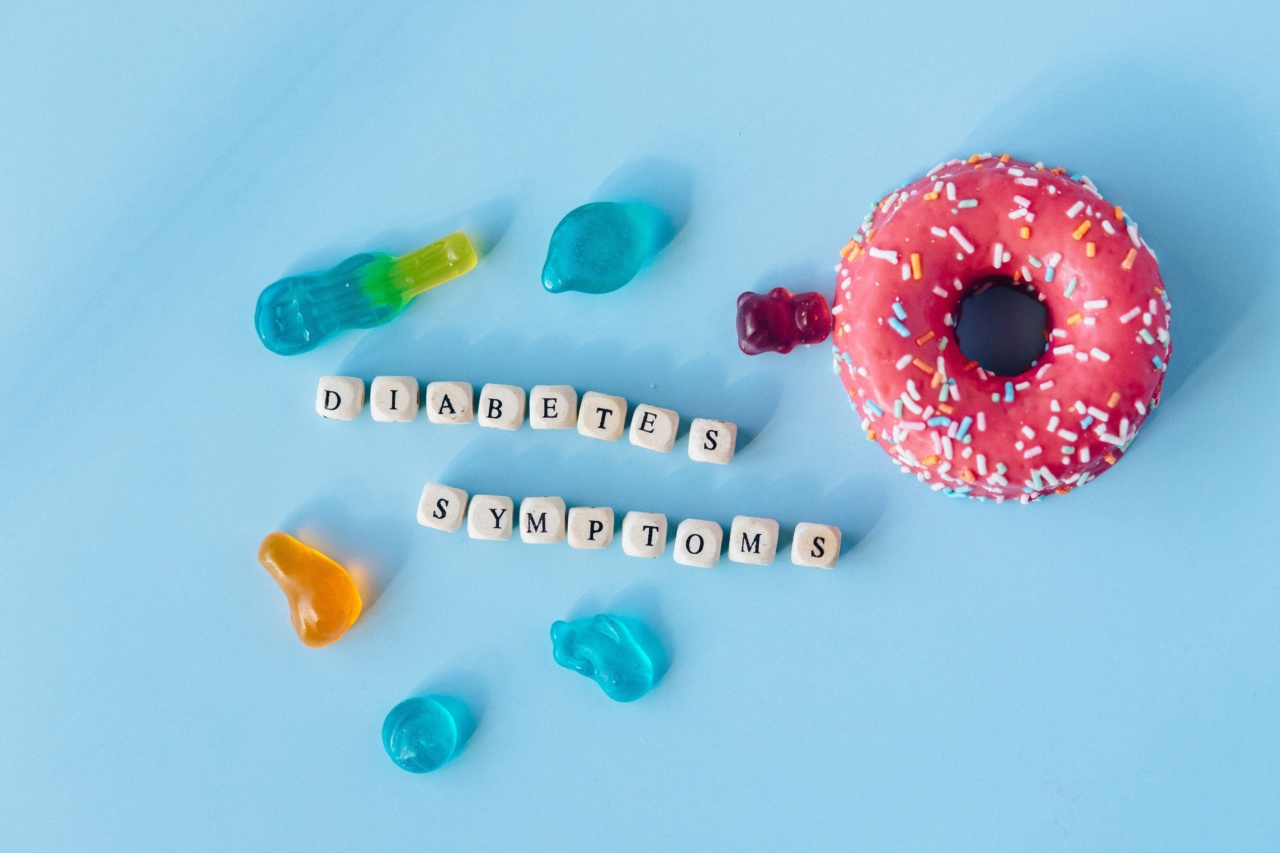Do you often experience abdominal pain, bloating, and diarrhea or constipation? These are common symptoms of irritable bowel syndrome (IBS), a chronic condition that affects the large intestine.
While there is no official cure for IBS, altering your diet could alleviate some of the discomfort associated with the condition. Below are some food options that can ease IBS symptoms:.
1. Fiber-rich foods
Incorporating fiber-rich foods into your diet can ease IBS symptoms like constipation. However, you should be careful with your fiber intake and gradually increase the amount you consume to prevent bloating and gas. Good options include:.
- Vegetables such as spinach, carrots, and broccoli
- Fruits like apples and berries
- Whole grains like oatmeal and brown rice
2. Fermented foods
Fermented foods contain probiotics, which are good bacteria that help improve digestion. Probiotics can also help reduce inflammation and alleviate IBS symptoms. Some fermented foods include:.
- Kefir
- Kombucha
- Kimchi
- Yogurt with live cultures
3. Low FODMAP foods
FODMAP stands for fermentable oligosaccharides, disaccharides, monosaccharides, and polyols. These are short-chain carbohydrates that are poorly absorbed by the intestine, which can cause IBS symptoms.
Foods that are low in FODMAPs can reduce bloating, gas, and abdominal pain. Some low FODMAP foods include:.
- Bananas
- Blueberries
- Carrots
- Quinoa
- Oats
- Lactose-free milk
4. Ginger
Ginger is a natural anti-inflammatory that can relieve stomach pain and nausea. It can also promote healthy digestion and reduce gas. Try incorporating fresh ginger into your meals, drinking ginger tea, or taking ginger supplements.
5. Peppermint
Peppermint is another natural remedy for IBS symptoms like bloating and cramping. Peppermint tea can soothe the digestive system and ease discomfort. You can also try taking peppermint oil capsules, but make sure to consult your doctor first.
6. Lean protein
Consuming lean proteins like chicken, fish, and tofu can help maintain healthy bowel movements and reduce constipation. Avoid fatty meats like beef and pork, as they can exacerbate IBS symptoms.
7. Drinking water and staying hydrated
Drinking enough water can help keep stools soft and prevent constipation. Make sure to drink at least eight glasses of water daily, and consider drinking herbal tea or water infused with fresh fruits or vegetables.
8. Avoiding trigger foods
IBS triggers can vary from person to person. Some foods that commonly aggravate IBS symptoms include:.
- Processed foods
- Alcohol
- Caffeine
- Spicy foods
- High-fat foods
- Dairy
Try keeping a food journal to identify your personal triggers, and avoid or limit them as much as possible.
9. Eating smaller, more frequent meals
Eating large meals can cause discomfort and exacerbate IBS symptoms. Try eating smaller, more frequent meals throughout the day to help ease bloating and abdominal pain.
10. Seeking professional medical advice
While altering your diet can significantly ease IBS symptoms, it is crucial to seek professional medical advice for proper diagnosis and treatment.
Your doctor can help develop an appropriate dietary plan and prescribe medication or refer you to a specialist if needed.






























